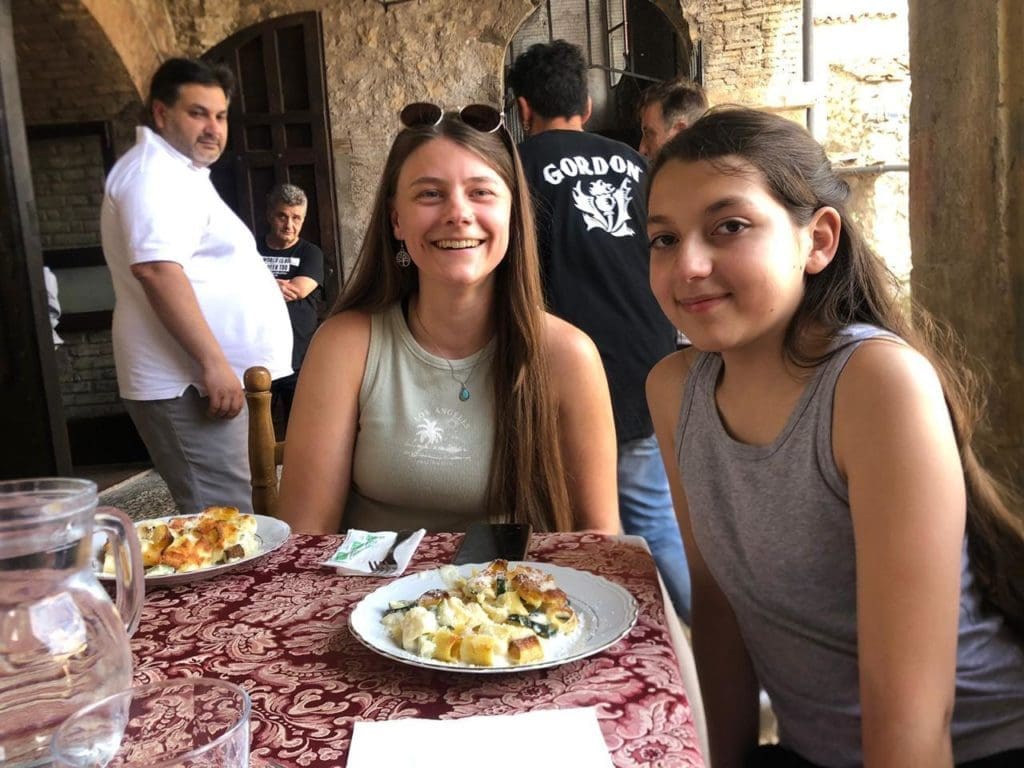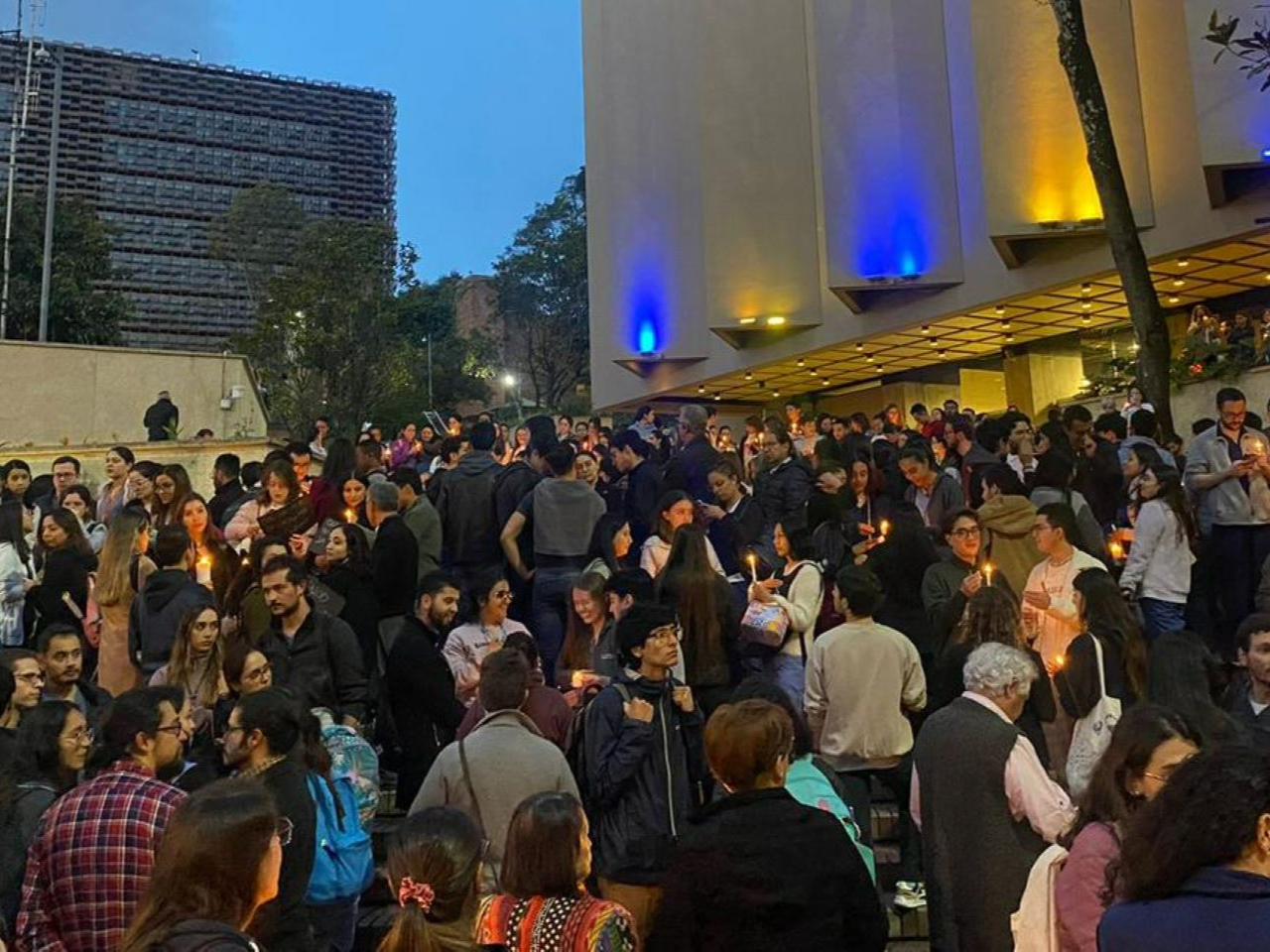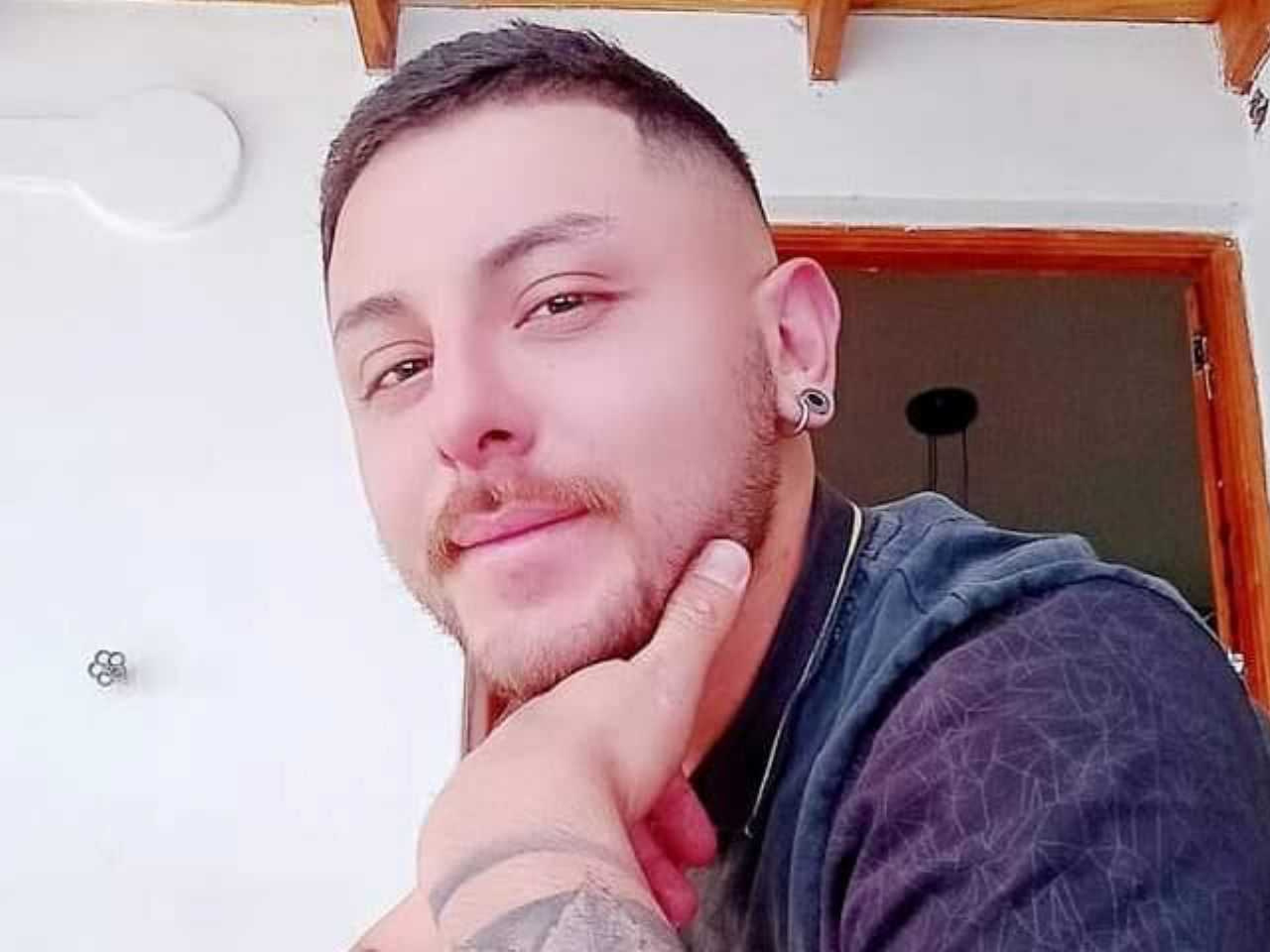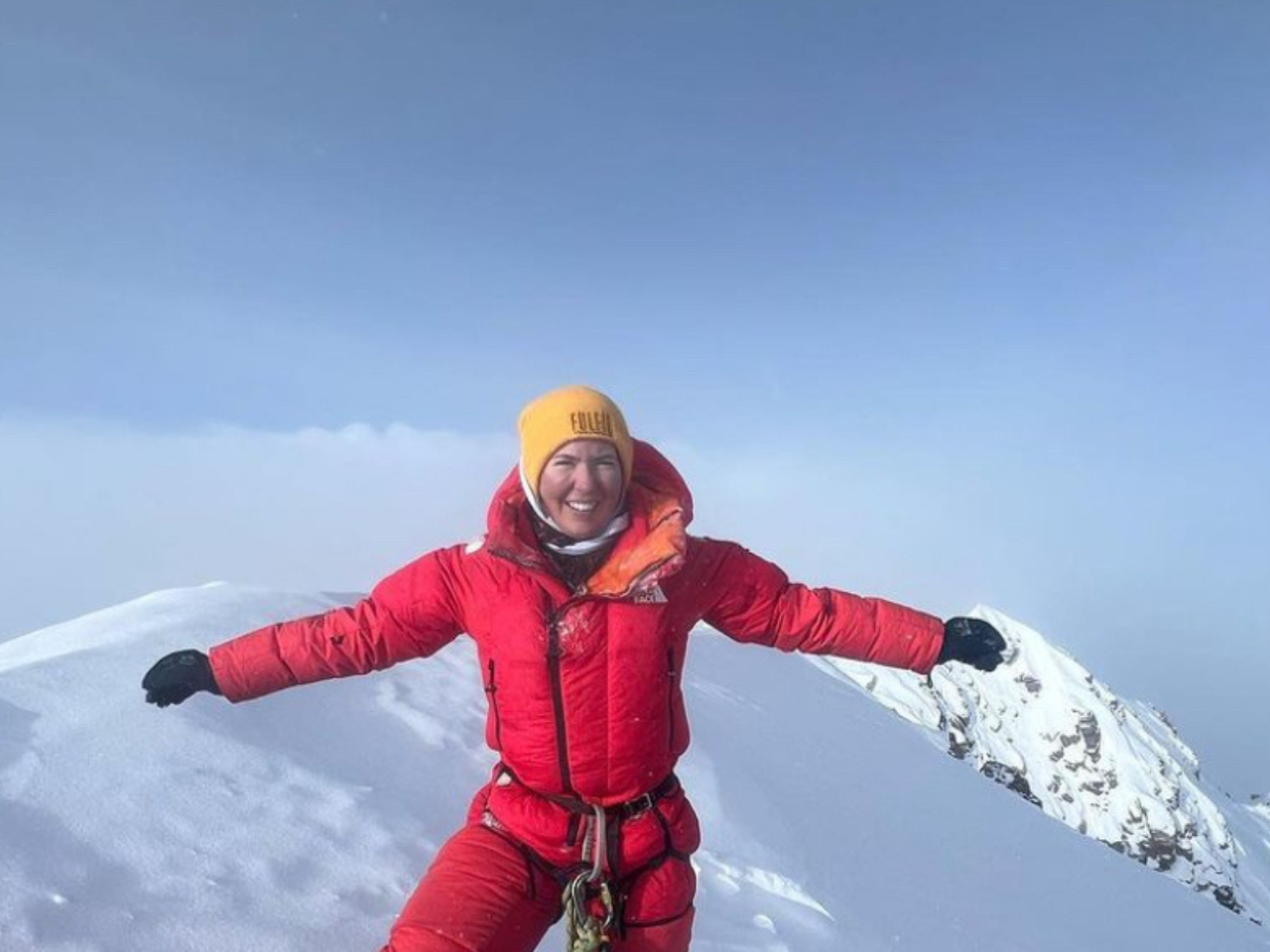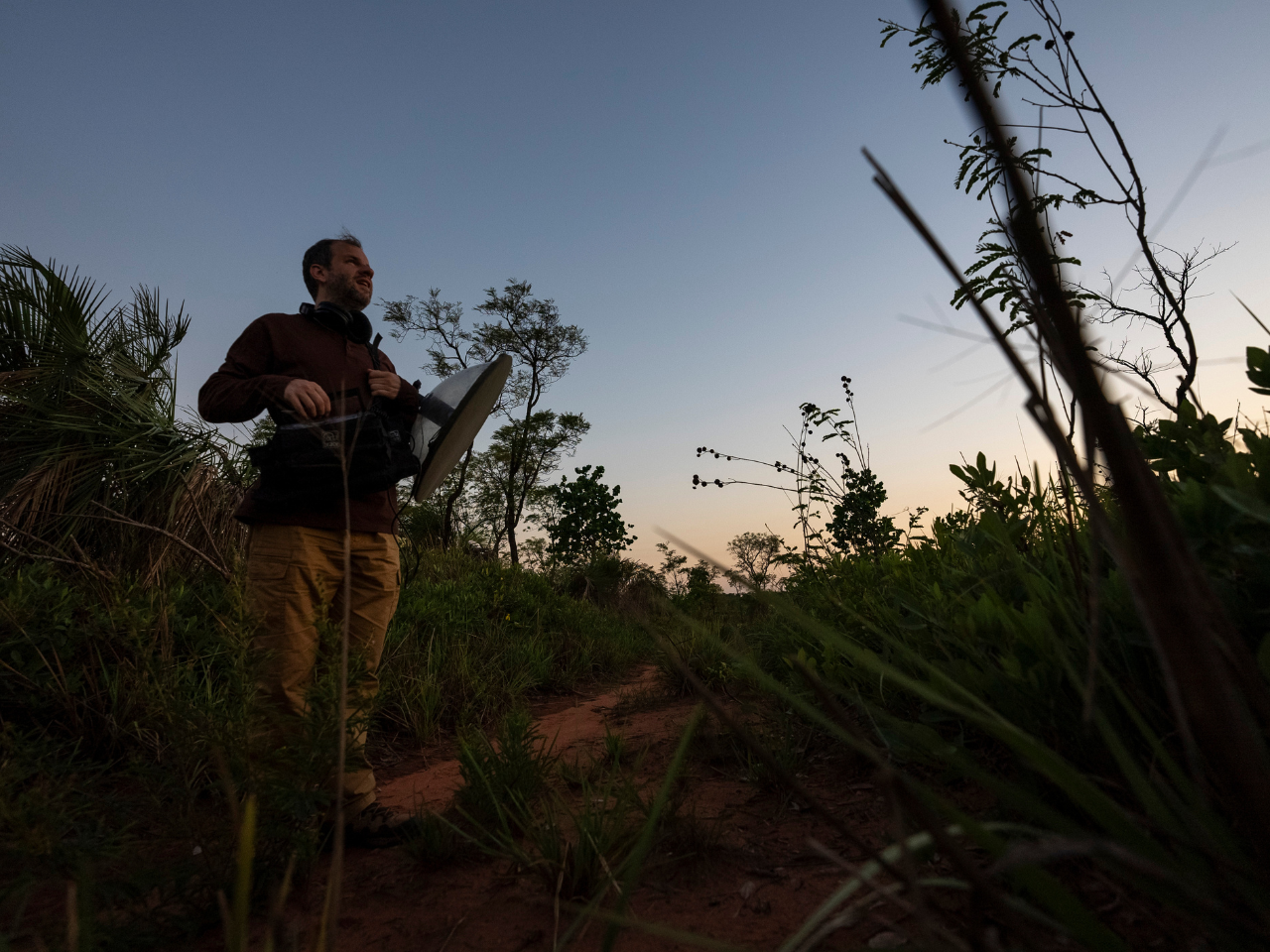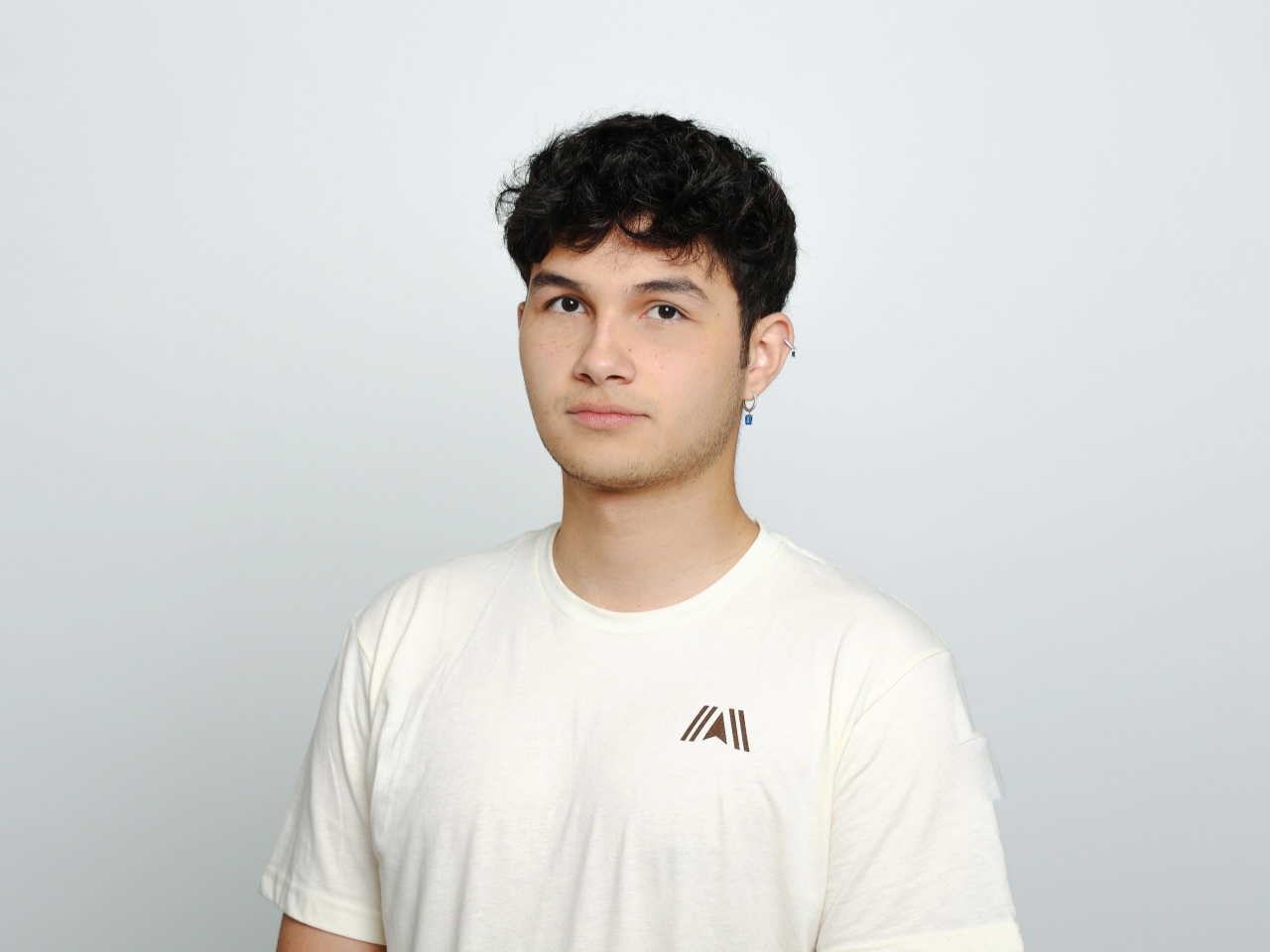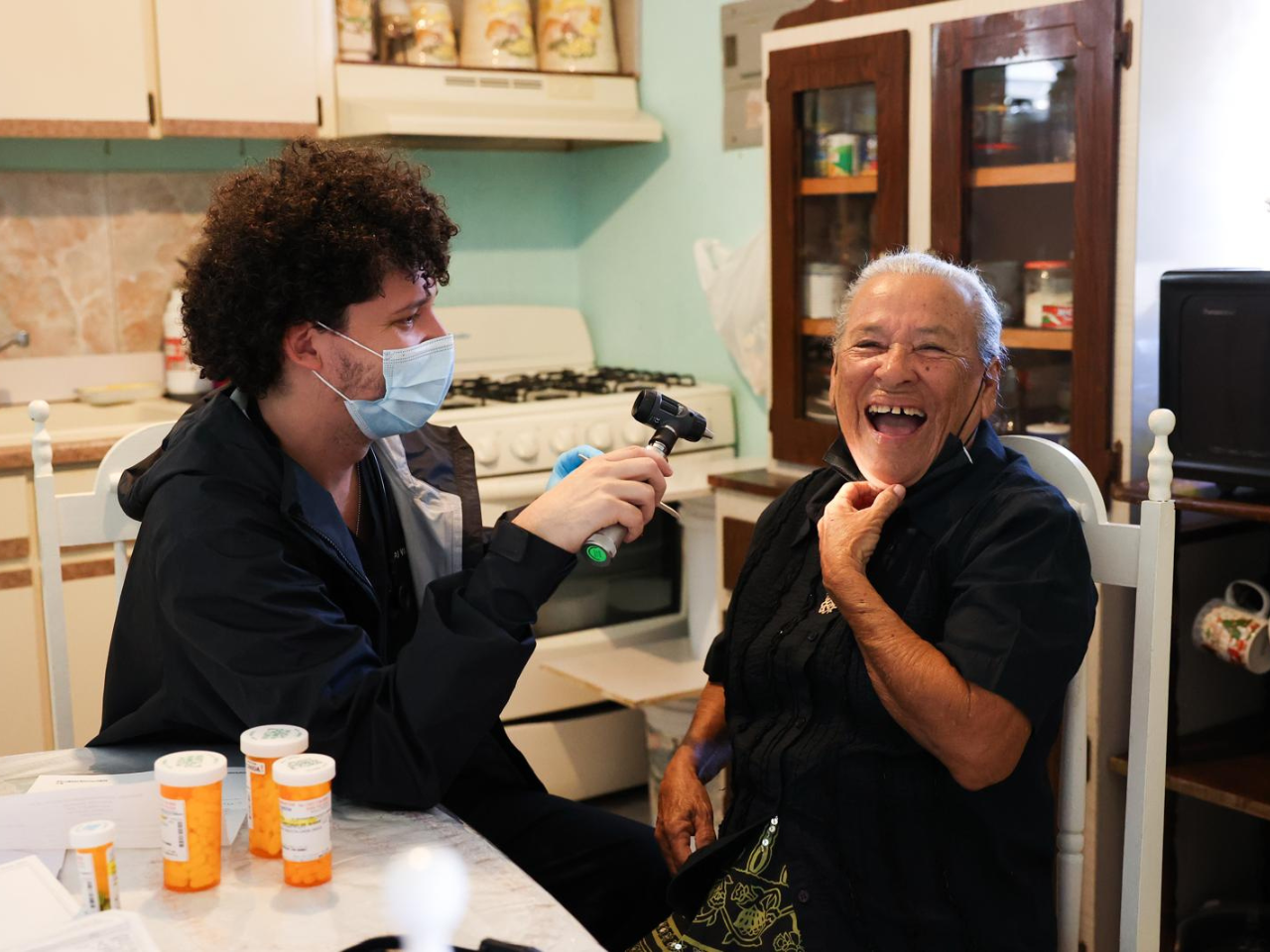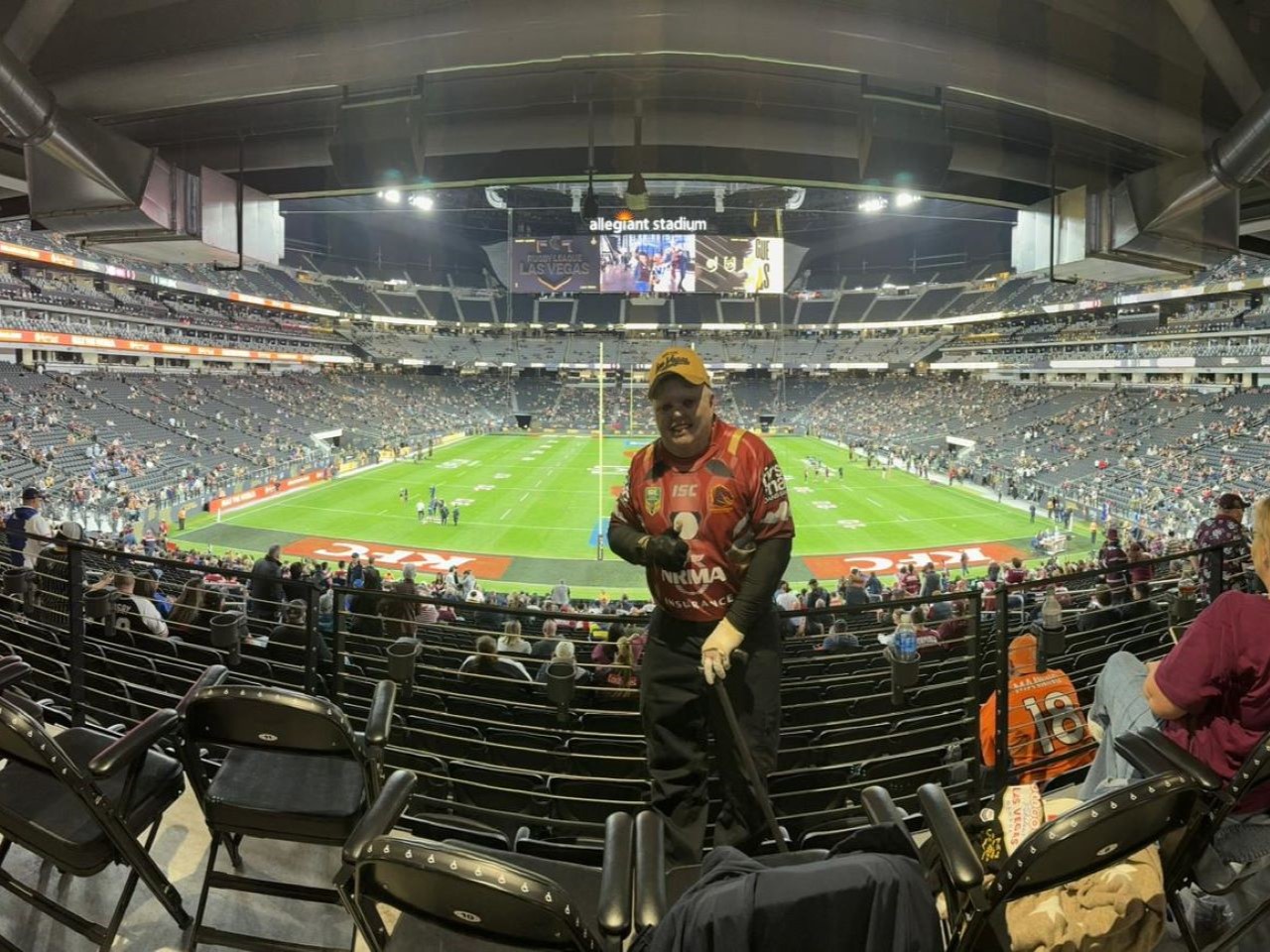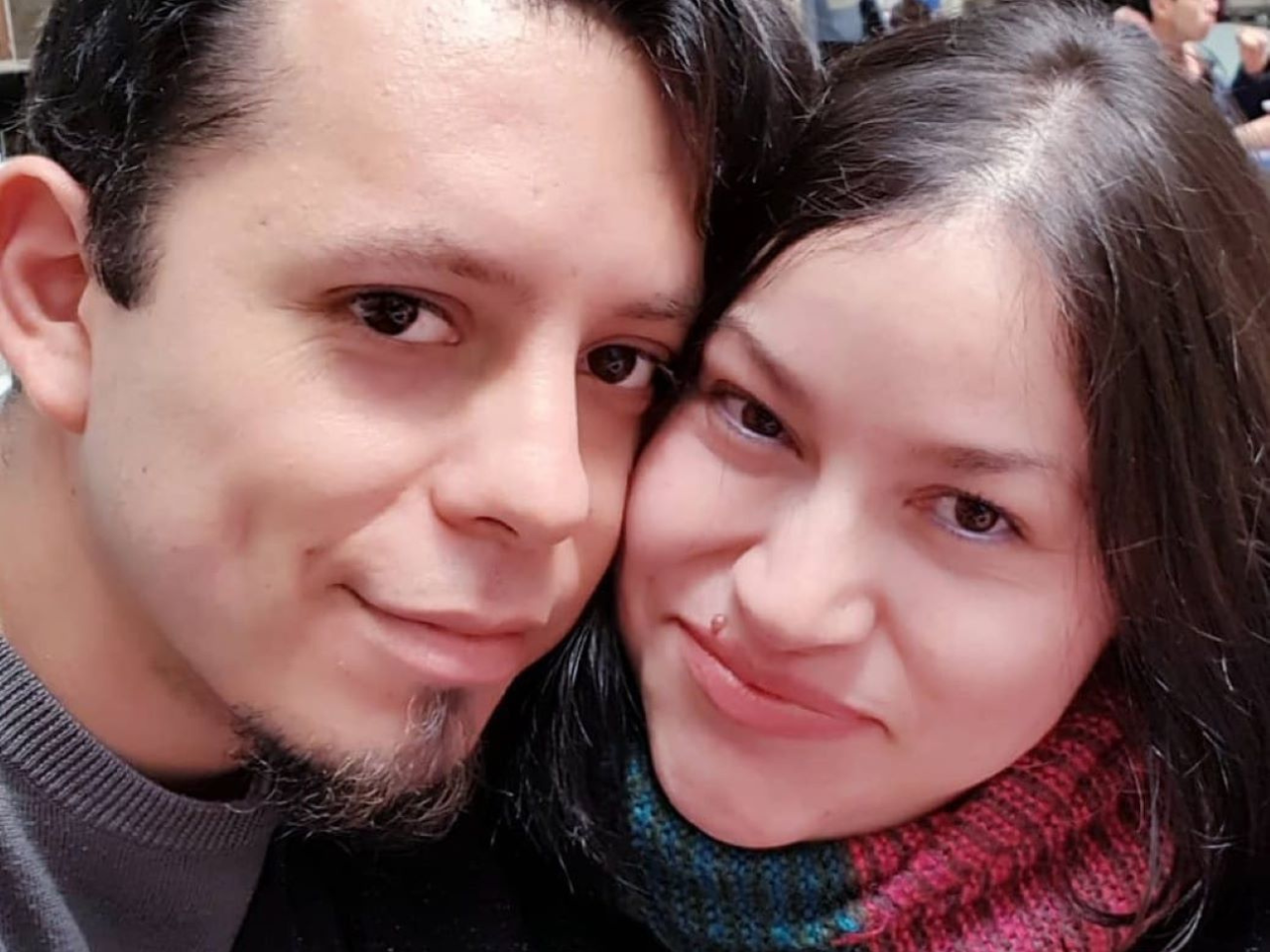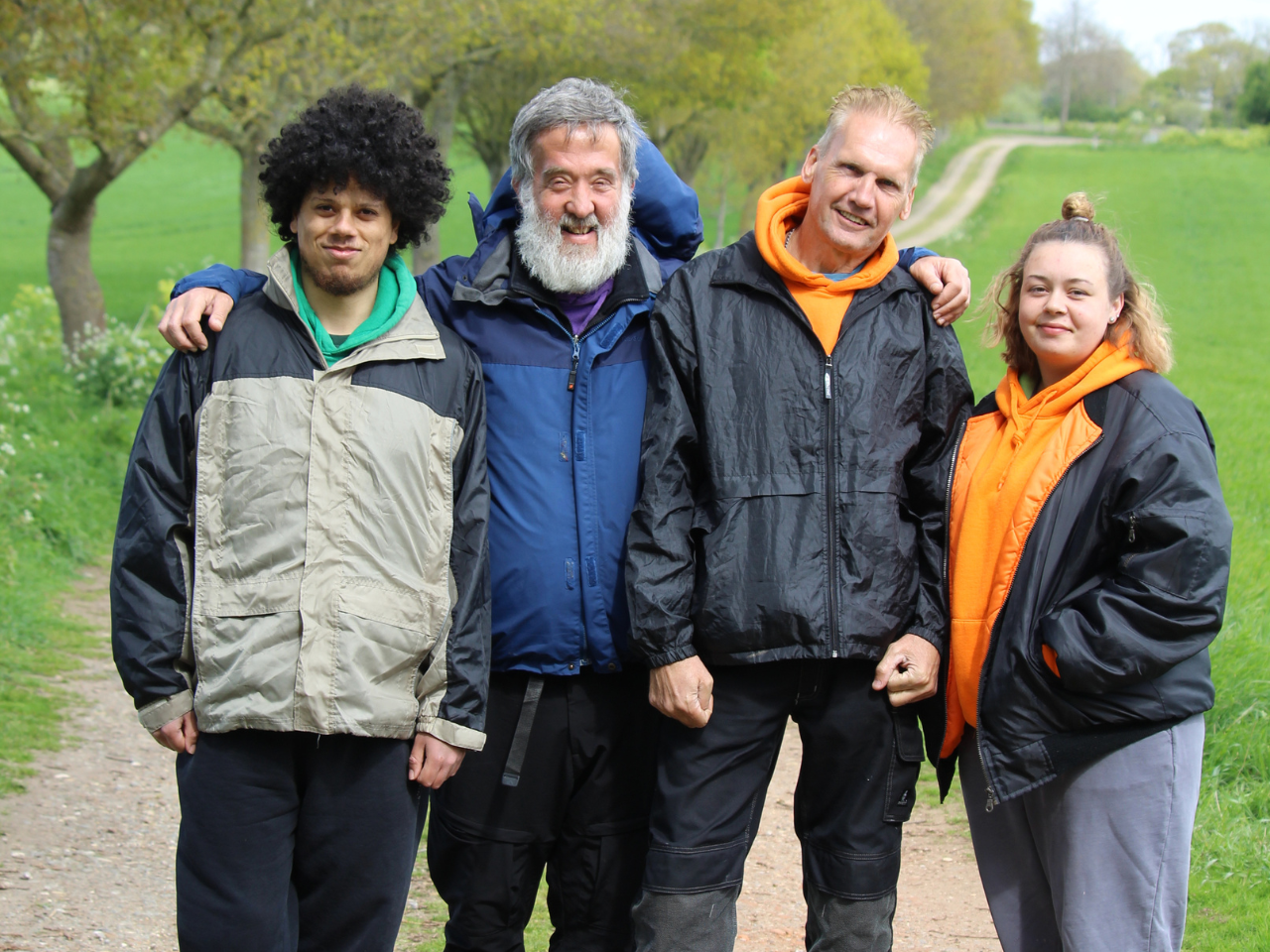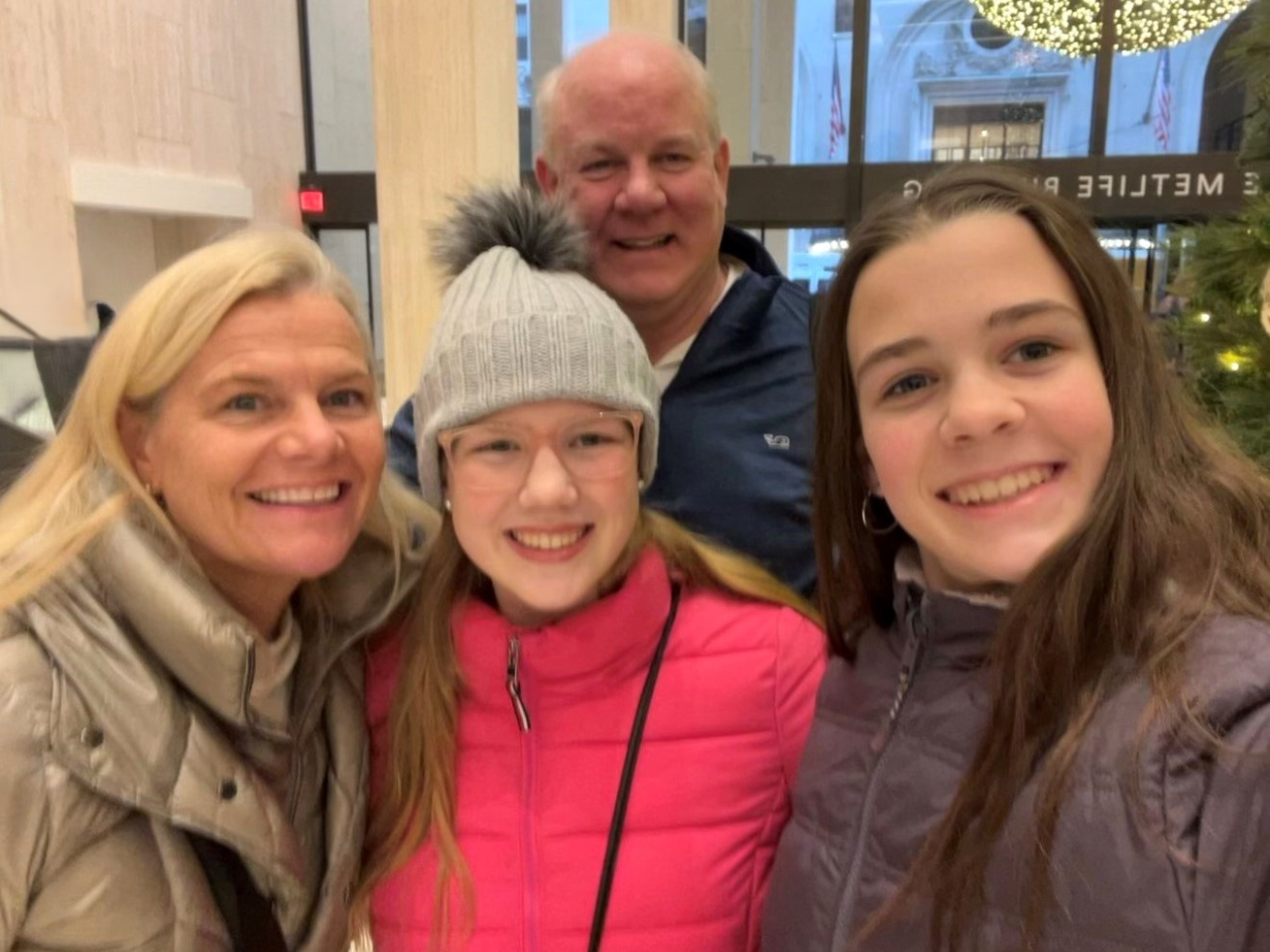15-year-old meets her bone marrow donor: “The moment I saw her face, we ran toward one another and embraced.”
I felt terrified and sad, uncertain whether I would make it. That’s when Sophie appeared, a young girl from Germany. At the time, we knew nothing about her, only that she saved my life.
- 3 years ago
August 2, 2023
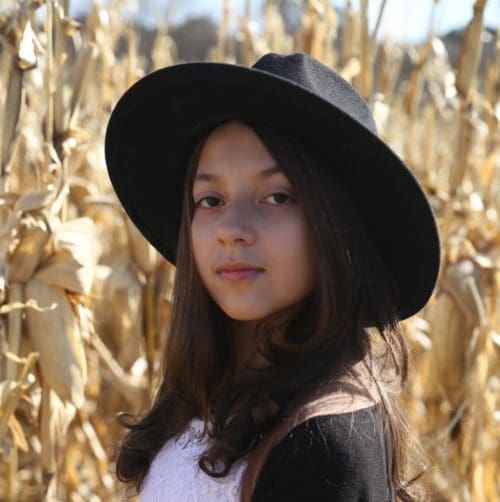
ITALY — One day, when I was seven years old, my mom noticed welts on my body. Though not itchy, they seemed out of place. My mom took me to the hospital and soon, doctors diagnosed me with bone marrow aplasia. I explain it as a disease that cancels out the blood’s defenses. The doctors insisted I stay at the hospital. I could not understand why, but I knew it was bad. My parents seemed devastated by the news.
At night, I struggled to fall asleep, feeling scared and lonely without my siblings. I longed to be back home. To distract myself, I started singing in my hospital room and it became a form of therapy.
The first time I sang in public was at a charity event my dad organized. Too young to feel nervous back then, I walked out onto the stage, and I felt something change in me. While I sang, I noticed people in the audience beginning to cry. At the time, I did not understand how powerful that emotion was. However, looking at their faces, I knew something special happened.
Read more stories in the Health category at Orato World Media.
Three years after my diagnosis, the condition worsens
Being immunosuppressed, I needed to isolate myself. After my hospital stay, when I returned home, I stopped attending school. I spent my days at home with my siblings. Our world suddenly shrunk to just the five of us in our little house. We lived in seclusion, but we spent our time playing and talking. We always knew how to keep ourselves entertained through fun activities like inventing talent shows.
Three years after my initial diagnosis, I spiked a fever suddenly, without explanation. My parents took me back to the hospital and the doctors said I had myeloid leukemia. Each chemotherapy session felt like a bomb going off in my body. The barrage of drugs felt so powerful, I reacted intensely.
Soon other problems arose, like appendicitis and bilateral pneumonia. Eventually, undergoing a bone marrow transplant became my only option. Not compatible with any of my siblings, we needed to seek an outside donor. I felt terrified and sad, uncertain whether I would make it. That’s when Sophie appeared, a young girl from Germany.
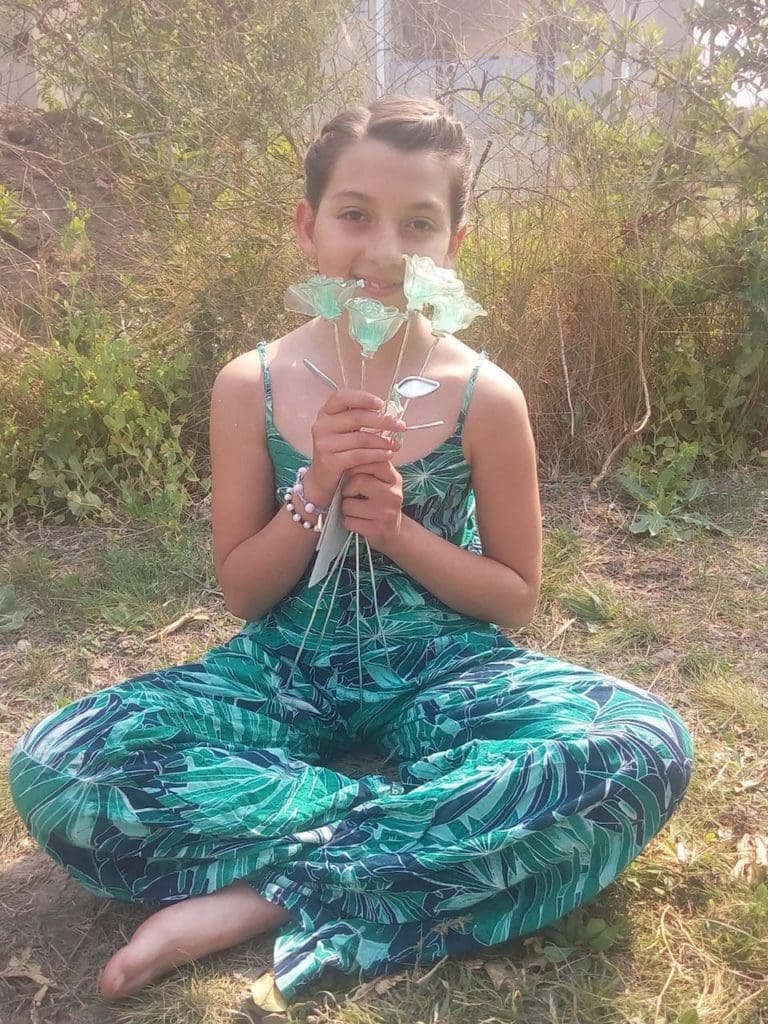
At the time, we knew nothing about her, only that she saved my life. Her selflessness took me out of the endless circuit of hospitalizations. Sophie and I began chatting online, and I quickly expressed my eternal gratitude for her gift to me. After the surgery, I finally felt free to do what I wanted, like singing. The world opened up. I started taking lessons to improve my voice and enrolled in contests around the continent.
Finally meeting my angel
In time, I felt an urgence to meet Sophie in person. I wanted to thank her in the flesh and spend time with her. She felt like a part of my family now. After all, since the transplant, we shared DNA. A special connection exists between us that will never fade away. When she agreed to meet me, I felt overjoyed. It seemed surreal to finally see her and speak to her.
Doctors told us, cells hold memories, and I might even have some of her dreams. While that hasn’t happened yet, I do feel changes in my body. My hair grows much faster now, something I inherited from her. I tend to feel tenderness for people in general, but the first time I saw Sophie, the feeling nearly overwhelmed me. I saw an angel, a perfect being.
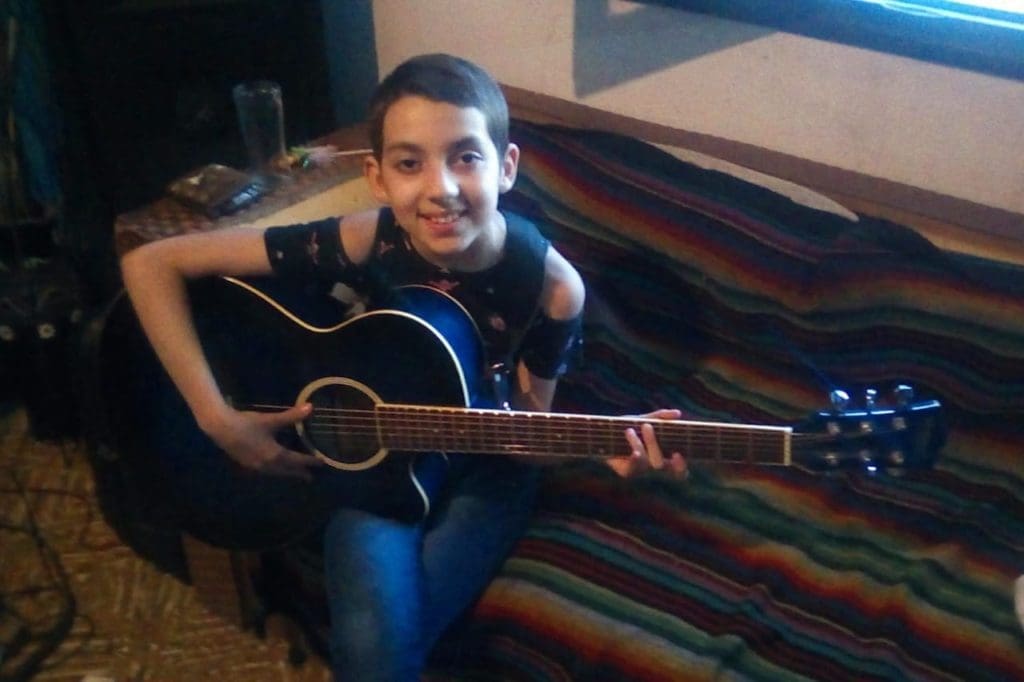
Before our meeting, I felt anxious and I wondered, “What can I possibly say to the person who saved my life?” The moment I saw her face, we ran toward one another and embraced. We felt like lifelong friends who had been separated, rather than strangers who just met.
Tears streamed down my cheeks as I held her, and she told me she loved me. I felt like she became a sister, right then and there. When I looked up, I noticed everyone around us crying. Immediately, they began applauding Sophie, and I joined them. Today, I live in Italy, where I continue to grow as an opera singer. Though my childhood was filled with complications, I feel like I am finally where I want to be.

